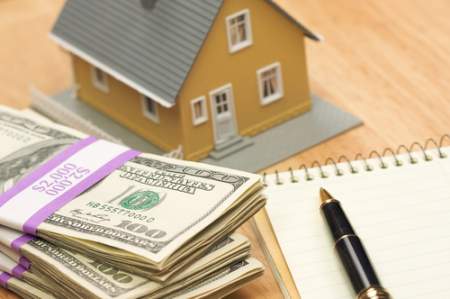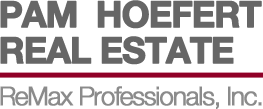When you are buying a home, knowing everything that you can about closing costs can set you on the road to a successful transaction. Closing costs must be paid in full before escrow can close and you receive the keys to your new home. Understanding what closing costs are, how they work, and who is going to be responsible for paying them is essential. Check out this helpful guide before you move forward.
What are Closing Costs?
 Closing costs are the fees that are required to be paid by the buyer at the end of the sales transaction. When you sign the final paperwork, you will get a list of the costs that you are going to be responsible for paying. These can include commission, application fees, loan fees, government recording and transfer charges, title charges, and miscellaneous settlement charges.
Closing costs are the fees that are required to be paid by the buyer at the end of the sales transaction. When you sign the final paperwork, you will get a list of the costs that you are going to be responsible for paying. These can include commission, application fees, loan fees, government recording and transfer charges, title charges, and miscellaneous settlement charges.
Loan fees are straightforward. If you are applying for a loan, there will be an application fee, credit report fee, mortgage insurance fee, and an appraisal fee. Title charges are the cost that the title company charges to prepare the title in your name. Commissions are the amount of money that is paid to both the seller’s agent and the buyer’s agent. This amount varies by state and region. Most county recording offices will also charge a fee to transfer the deed into the new buyer’s name as well as to record the new deed.
How do Closing Costs Affect the Buyer and Seller?
In most instances, the buyer will have to pay out the extra money to cover these fees. Some of these fees are not required up front and are incorporated into your monthly mortgage payment. Usually, the seller takes care of the commission paid to their agent out of the portion of the sale monies that they receive. The buyer’s agent commission fee is normally paid by the seller and is added on to the total purchase amount at the close of the sale.
Who Should be Responsible for Closing Costs
 In most cases, the buyer is responsible for all closing costs. However, as part of the offer they buyer can request that the seller help with part of the closing costs. Many buyers who are eager to sell their home will automatically offer to pay all closing costs so that they can get an offer quicker, as well as complete the sale in a faster amount of time. However, there are some sellers who refuse to pay for closing costs. This is especially true if the home has been foreclosed, is being auctioned, or if a short sale is taking place.
In most cases, the buyer is responsible for all closing costs. However, as part of the offer they buyer can request that the seller help with part of the closing costs. Many buyers who are eager to sell their home will automatically offer to pay all closing costs so that they can get an offer quicker, as well as complete the sale in a faster amount of time. However, there are some sellers who refuse to pay for closing costs. This is especially true if the home has been foreclosed, is being auctioned, or if a short sale is taking place.
Is There Any Way to Avoid Closing Costs?
There are ways that you can avoid having to pay some of the closing costs at the time of the sale. One way is to ask the seller to either pay all of the closing costs for you or to help pay a portion of the costs. Another way is to do a cash sale and not apply for a loan. By paying cash for your new home, you can avoid many fees such as the loan application fee, credit report fee, general loan fees, and mortgage insurance. This will save you quite a bit of money.
Keep in mind that you should be prepared to pay for some or all the closing costs if the seller is not willing assist with any of them. Therefore, you need to make sure that you have this money set aside just in case you need to pay it and be prepared to bring a certified check to pay for these costs at the time of signing.
Your real estate agent is the best source of information about the local community and real estate topics. Give Pam Hoefert a call today at 605-366-7119 to learn more about local areas, discuss selling a house, or tour available homes for sale.

2 Comments